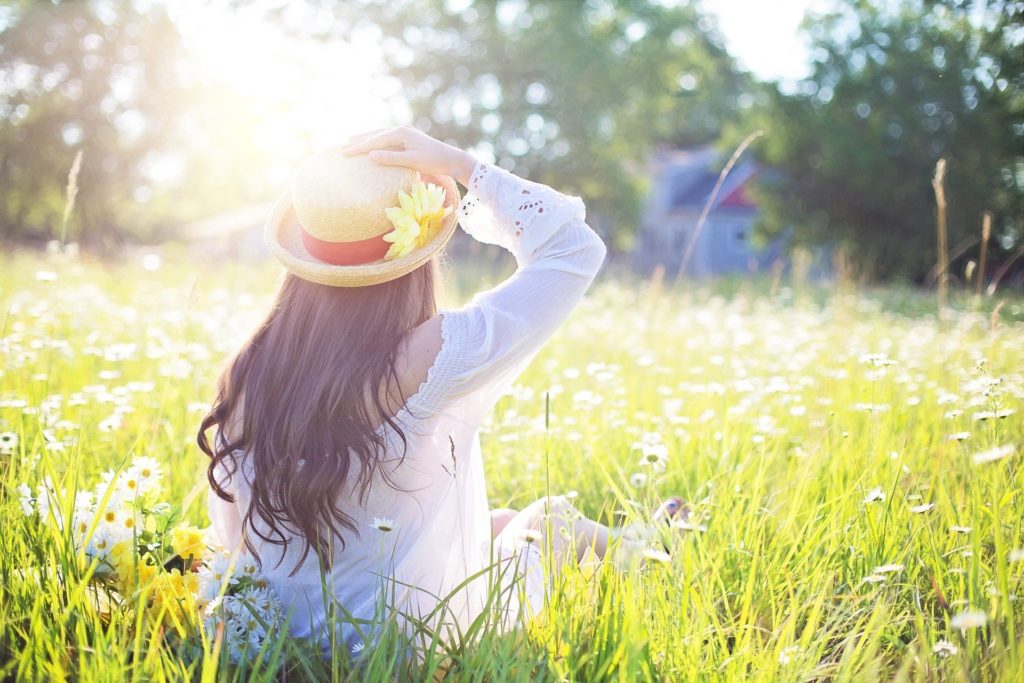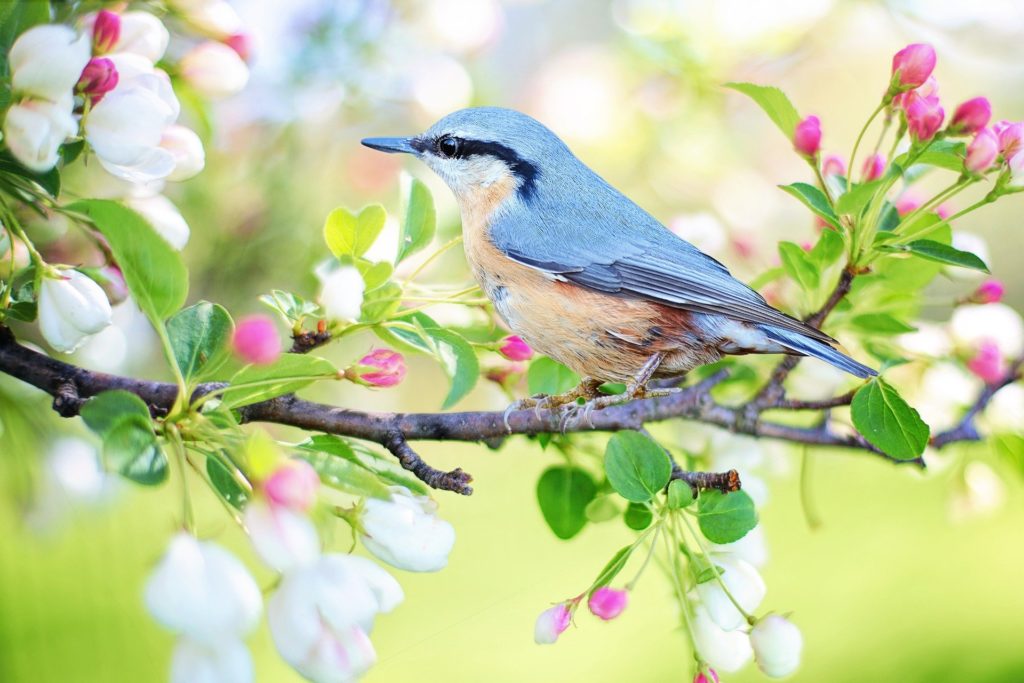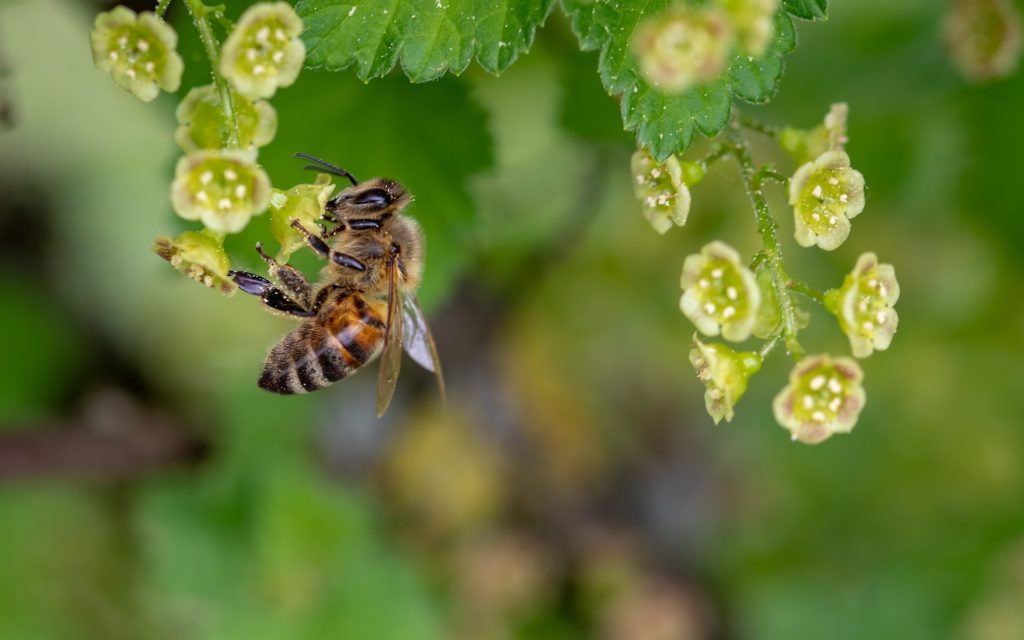Russian Proverbs About Spring Posted by Nadya on Mar 30, 2021 in language, Literature
Probably, people in Russia do not await any other season as much as spring. Finally, the snow melted, the birds started singing, and nature began to acquire bright colors.
For a long time in Russia, spring was treated with gratitude and honor. Writers have devoted an endless number of novels and poems describing spring nature. The people invented proverbs and sayings. In this blog, I would like to focus on such a pearl of folk wisdom. Thus, here are six of the most famous sayings about spring.
Весна́, весна́, пора́любви́. (Александр Пушкин)
Spring, Spring, time of love. (Alexander Pushkin)
Not only nature comes to life in spring, but to some extent, people as well. Just as bears leave their dens after hibernation, so people leave their homes to enjoy the sun’s rays.
“Ла́сково сло́во – что весе́нний день”.
Translation: “A kind word is like a spring day.”
Transliteration: Laskavoye slova – shto veseniy den’.
Meaning: Just as flowers bloom in the spring sun, pleasant words lift your spirits.
“Весно́й да́же трухля́вый пень расцвета́ет”.
Translation: “In the spring, even a rotten tree stump blooms.”
Transliteration: Vesnoy dazhe truhlyavyi pen’ rastcvetaet.
Meaning: In the spring, all nature comes to life. Also, under certain circumstances, things that weren’t very good before can improve.
Вре́мя лети́т иногда́ пти́цей… (Иван Тургенев)
Time sometimes flies like a bird…(Ivan Turgenev)
Since in Russia birds are often associated with spring, there are many sayings where they are mentioned together. For example, here are two opposite proverbs:
“Пе́рвая ла́сточка весны́ не де́лает”.
Translation: “One swallow doesn’t make a spring [to come].”
Transliteration: Pervaya lastochka vesny ne delayet.
Meaning: Only one piece of evidence does not mean that something is definitely taking place or about to happen.
“Уви́дел грача́ – весну́ встреча́й!”
Translation: “I saw a rook – welcome the spring!”
Transliteration: Uvidel gracha – vesnu vstrechay.
Meaning: Rooks with starlings arrive first in spring, while it is still cold and the snow has not yet melted. Hence, the arrival of the first birds means the onset of warm weather.
In addition, in this blog, you can find the names of ten birds that live all over Russia.
Весна́ — вре́мя пла́нов и предположе́ний. (Лев Толстой)
Spring is the time of plans and projects. (Leo Tolstoy)
There is another saying “что посее́шь, то и пожнёшь” (“you reap what you sow”). What is happening now is the result of what you have done in the past. But the direct sense of the phrase speaks for itself. And, of course, we are talking about the harvest:
“Весе́нний день год ко́рмит.”
Translation: “Spring day feeds a year.”
Transliteration: Veseniy den’ got kormit.
Meaning: The meaning of the proverb is that the work done in the spring in the fields will lead to a good harvest in the future.
“Весна́ красна́ цвета́ми, а о́сень пирога́ми.”
Translation: “Spring is red with flowers, and autumn pies.”
Transliteration: Vesna krasna tsvetami, ah osen’ piragami.
Meaning: In this proverb, the word “красна́” means “beautiful,” “good.” In the spring, people plant seedlings, and in the fall, they harvest.
Therefore, to get a good harvest, be sure to read what Bota told us about gardening.
In conclusion, I want to say that that “у приро́ды нет плохо́й пого́ды” (“nature doesn’t have bad weather”). And even frequent spring rains continue to inspire poets in their own way. So, see what wonderful poems about spring Russian classics have. Enjoy spring blossoms and every single day!

Build vocabulary, practice pronunciation, and more with Transparent Language Online. Available anytime, anywhere, on any device.






